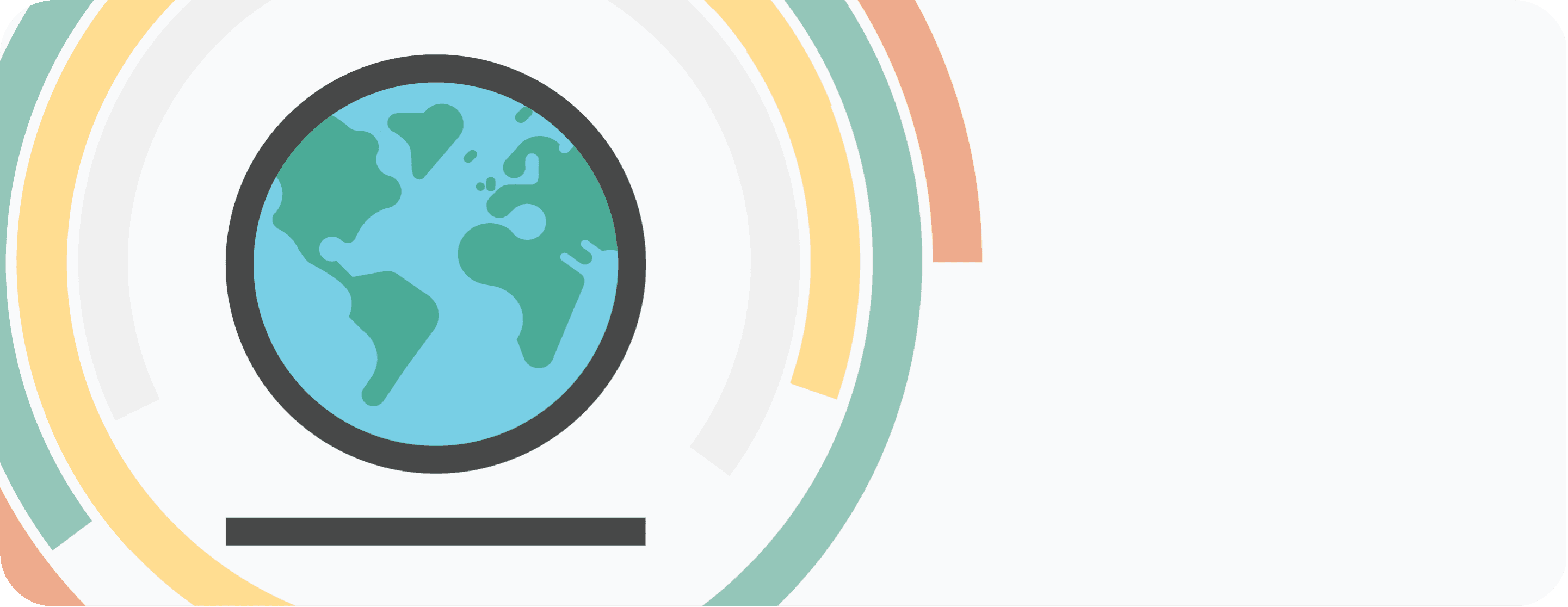

SEVEN S.p.A.

1.6
Piedmont, Italy
September 2025
Apparel
Wholesale/Retail
Hong Kong S.A.R.,
Italy
SEVEN has a history that begins in 1973, when it was founded by the Di Stasio brothers.The Group has always stood out for its passion and enthusiasm, focusing on creativity, innovation, and quality as strengths that have led to the achievement of numerous international patents. A consistent commitment to sustainability resulted in the company becoming a Benefit Corporation in 2024 and obtaining B Corp certification in 2025. Led by SEVEN SpA, the SEVEN Group is a leader in the back-to-school market in Italy and has expanded its offering to include stationery and gift items. The broad and complementary portfolio, supported by iconic brands, includes school backpacks and trolleys, pencil cases, diaries, accessories, travel backpacks, and office and leisure products. The Group operates a lean, flexible, and asset-light business model, built on a long-standing and diversified supply chain grounded in sustainability and responsibility. This approach allows a strong focus on product innovation, design, branding, and effective multi-channel distribution. The company is committed to maintaining the high standards of quality, safety, sustainability, and product integrity, collaborating with qualified and certified partners.
Overall B Impact Score
Governance 13.4
Governance evaluates a company's overall mission, engagement around its social/environmental impact, ethics, and transparency. This section also evaluates the ability of a company to protect their mission and formally consider stakeholders in decision making through their corporate structure (e.g. benefit corporation) or corporate governing documents.
What is this? A company with an Impact Business Model is intentionally designed to create a specific positive outcome for one of its stakeholders - such as workers, community, environment, or customers.
Workers 27.0
Workers evaluates a company’s contributions to its employees’ financial security, health & safety, wellness, career development, and engagement & satisfaction. In addition, this section recognizes business models designed to benefit workers, such as companies that are at least 40% owned by non-executive employees and those that have workforce development programs to support individuals with barriers to employment.
Community 15.7
Community evaluates a company’s engagement with and impact on the communities in which it operates, hires from, and sources from. Topics include diversity, equity & inclusion, economic impact, civic engagement, charitable giving, and supply chain management. In addition, this section recognizes business models that are designed to address specific community-oriented problems, such as poverty alleviation through fair trade sourcing or distribution via microenterprises, producer cooperative models, locally focused economic development, and formal charitable giving commitments.
Environment 25.5
Environment evaluates a company’s overall environmental management practices as well as its impact on the air, climate, water, land, and biodiversity. This includes the direct impact of a company’s operations and, when applicable its supply chain and distribution channels. This section also recognizes companies with environmentally innovative production processes and those that sell products or services that have a positive environmental impact. Some examples might include products and services that create renewable energy, reduce consumption or waste, conserve land or wildlife, provide less toxic alternatives to the market, or educate people about environmental problems.
What is this? A company with an Impact Business Model is intentionally designed to create a specific positive outcome for one of its stakeholders - such as workers, community, environment, or customers.
Customers 4.5
Customers evaluates a company’s stewardship of its customers through the quality of its products and services, ethical marketing, data privacy and security, and feedback channels. In addition, this section recognizes products or services that are designed to address a particular social problem for or through its customers, such as health or educational products, arts & media products, serving underserved customers/clients, and services that improve the social impact of other businesses or organizations.
What is this? A company with an Impact Business Model is intentionally designed to create a specific positive outcome for one of its stakeholders - such as workers, community, environment, or customers.